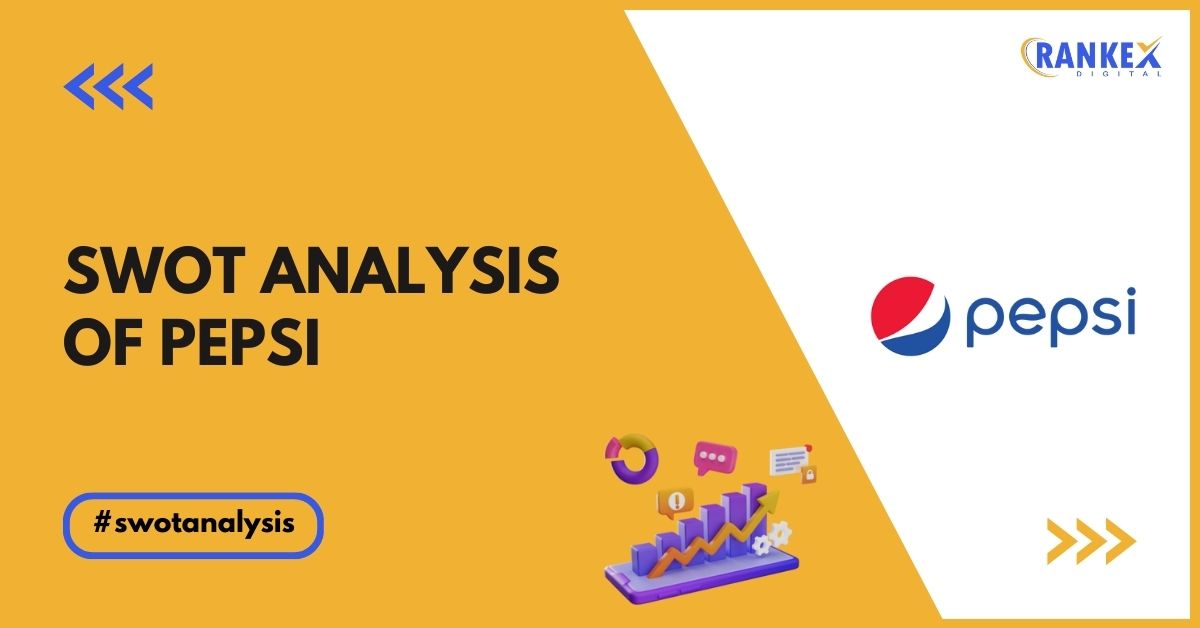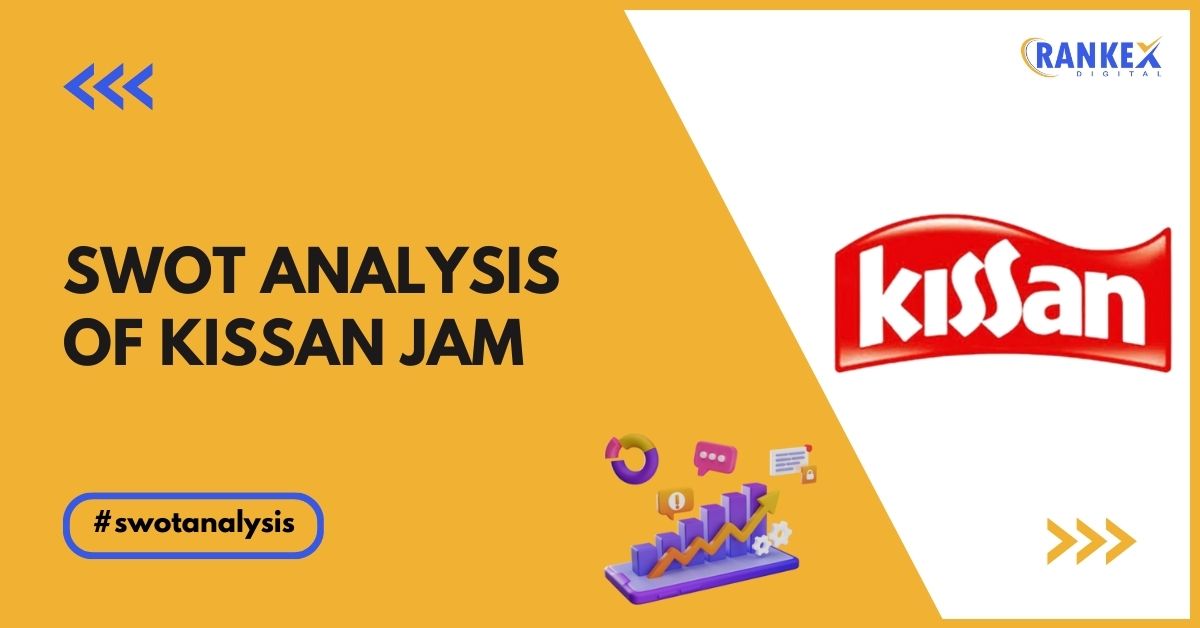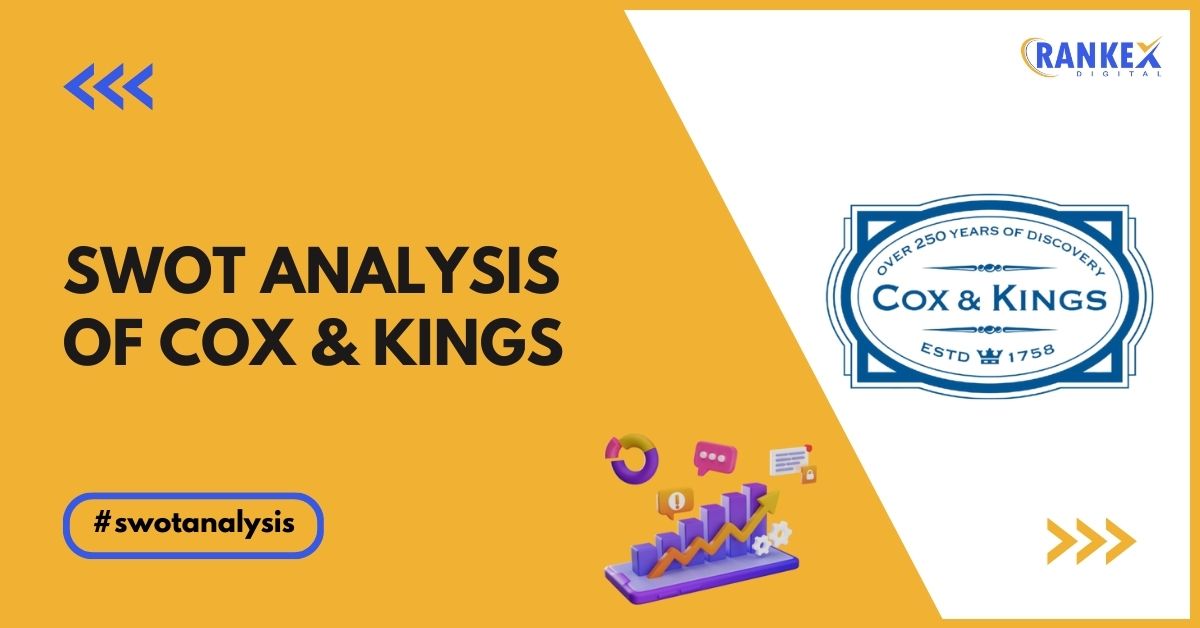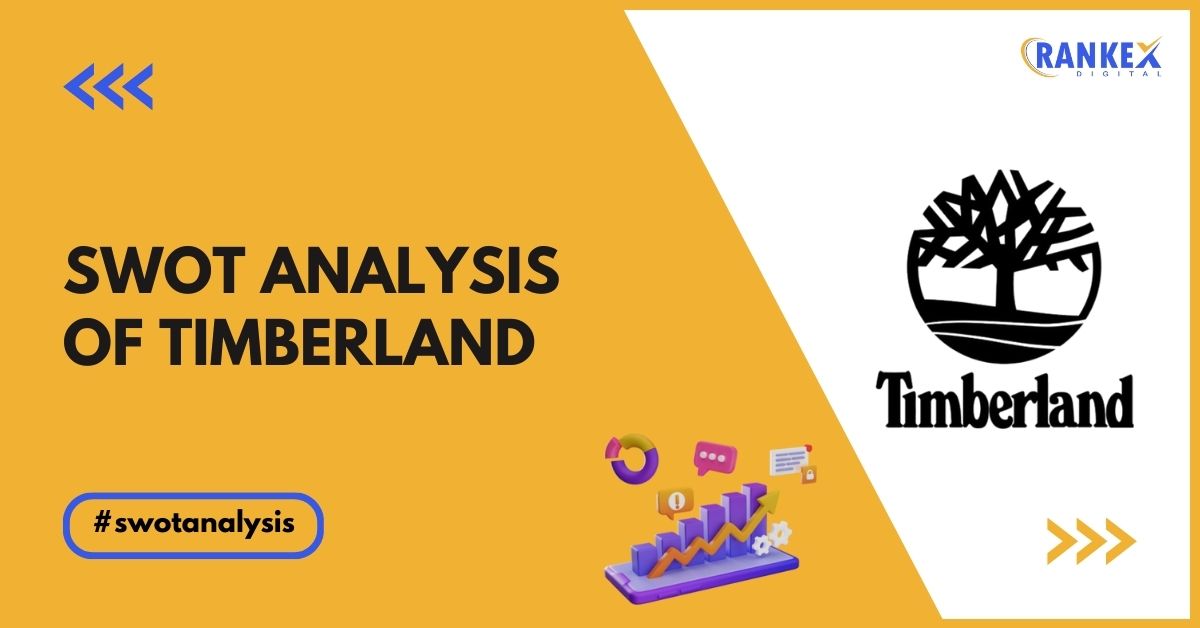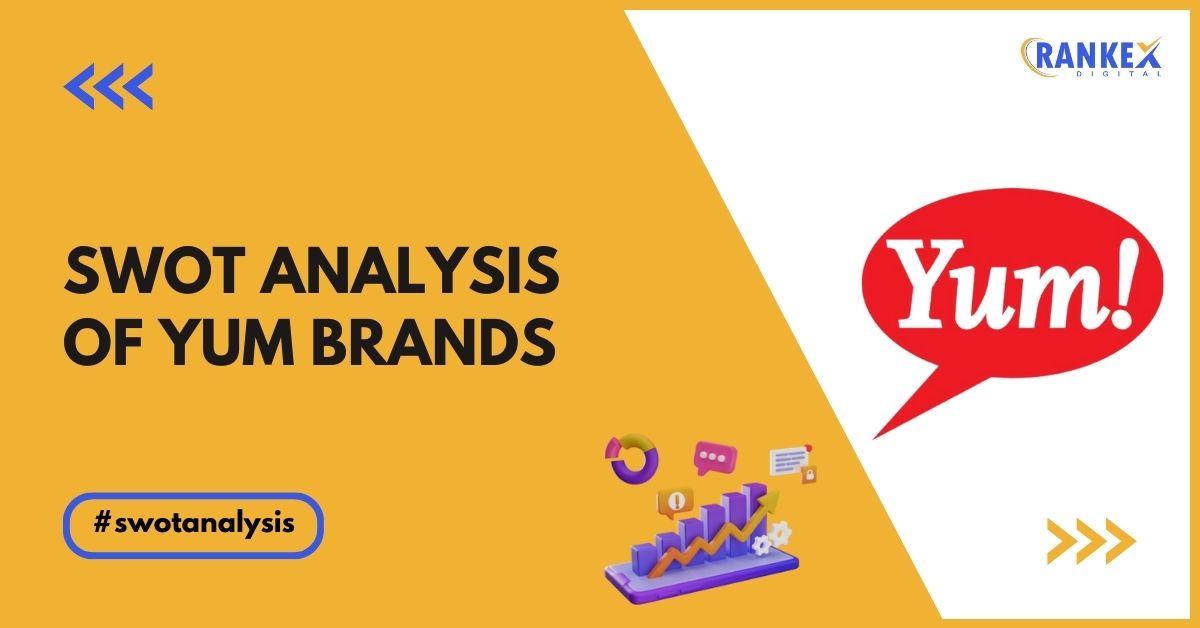PepsiCo, one of the world’s leading food and beverage companies, is a global player known for its diverse product portfolio, including iconic brands like Pepsi, Mountain Dew, Tropicana, and Lay’s.
As of 2025, swot analysis of Pepsi continues to evolve in response to changing consumer preferences and market trends, including a growing demand for healthier options and sustainable practices.
Table of Contents
Overview of PepsiCo
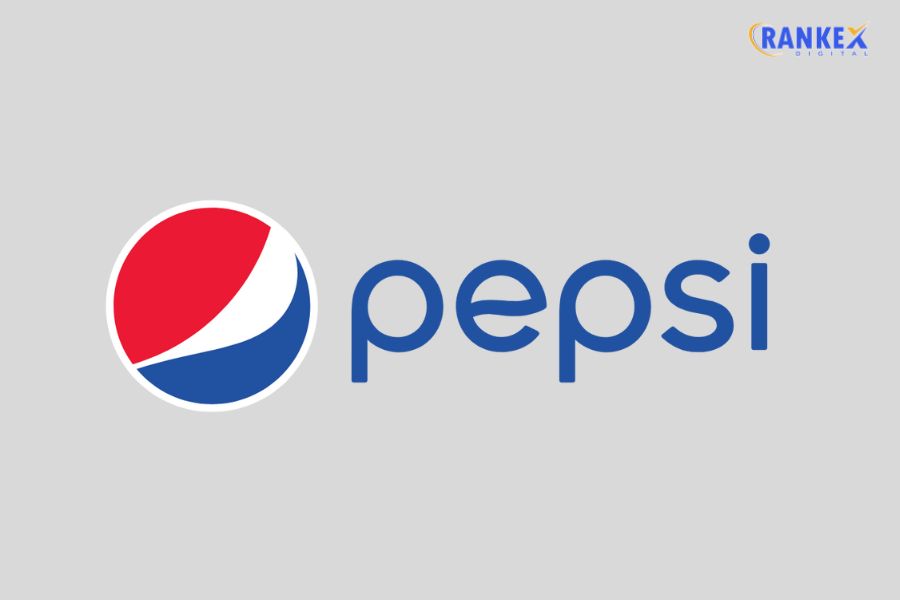
| Founders | Caleb Bradham |
|---|---|
| Year Founded | 1898 |
| Origin | USA |
| Industry | Food & Beverage |
| Annual Revenue | $86 billion (FY 2023) |
| Employees | 290,000+ |
PepsiCo operates in more than 200 countries, providing a wide range of products, including soft drinks, snacks, and beverages. The company has built a reputation for innovation, brand strength, and global reach, making it a leading competitor in the food and beverage industry.
Current News on the Market on PepsiCo
- Focus on Sustainability: In 2023, PepsiCo announced new sustainability initiatives aimed at reducing plastic waste, improving water efficiency, and adopting renewable energy sources to align with global climate goals.
- Health-Conscious Product Line Expansion: PepsiCo continues to expand its portfolio of health-conscious products, introducing new low-sugar beverages, plant-based snacks, and healthy alternatives to cater to the growing demand for wellness-focused products.
- Technological Innovations in Distribution: PepsiCo is leveraging artificial intelligence and digital technology to improve its supply chain efficiency, optimizing distribution networks and enhancing customer experience.
- Increased Investment in E-commerce: PepsiCo has expanded its e-commerce capabilities to meet rising online consumer demand, developing platforms for direct-to-consumer (D2C) sales and improving delivery times.
- Strategic Acquisitions: In 2023, PepsiCo made strategic acquisitions in the health and wellness sectors, broadening its product base and reinforcing its position in the emerging healthy snack and beverage market.
SWOT Analysis of PepsiCo
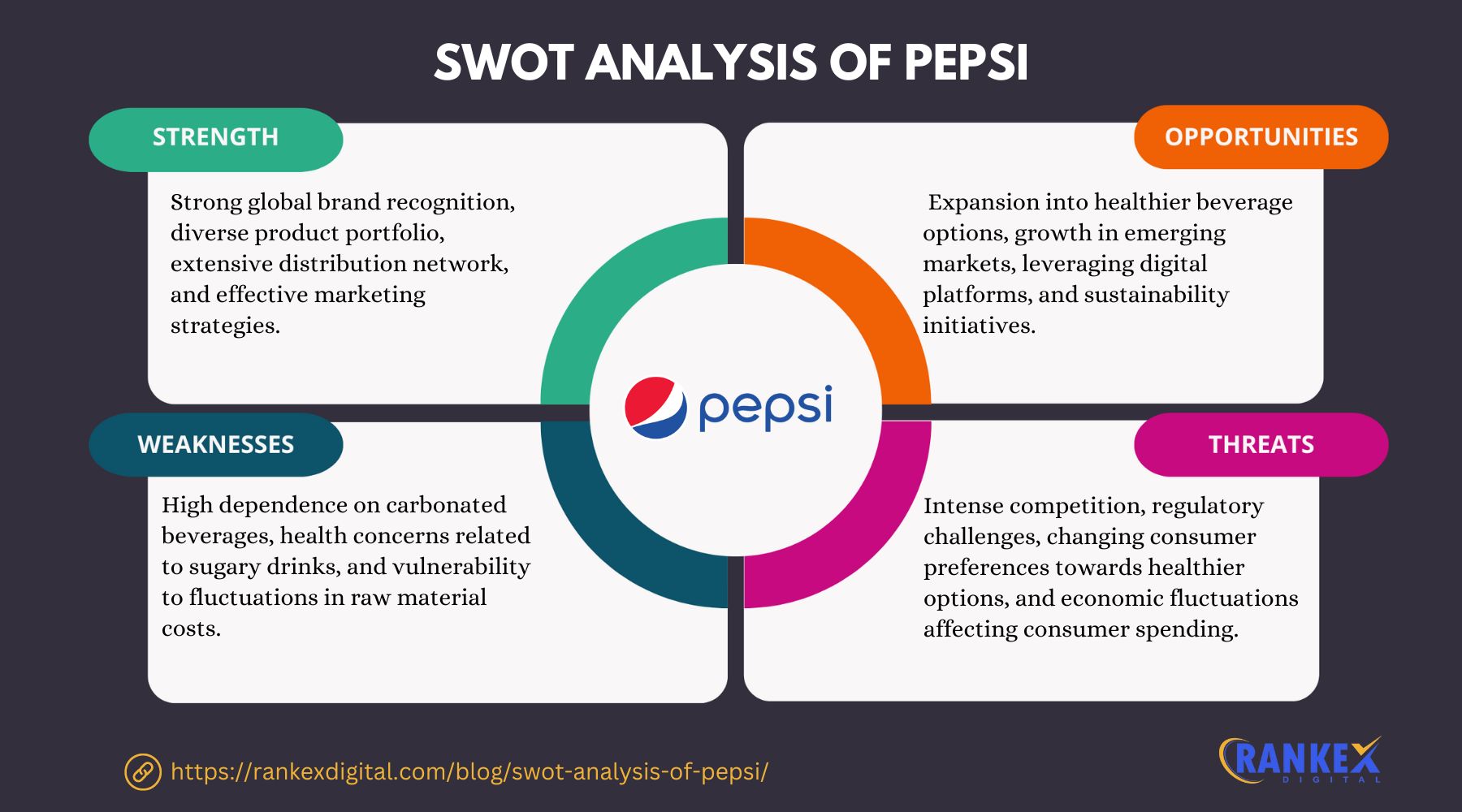
Strengths of PepsiCo
- Diverse Product Portfolio
PepsiCo offers a broad range of beverages and snack products, catering to various consumer preferences. This diverse portfolio allows the company to reduce dependence on any single product category and appeal to a wide demographic. - Strong Global Presence
PepsiCo operates in over 200 countries, making it one of the most widely recognized and distributed brands worldwide. Its international presence provides the company with access to growing markets, particularly in Asia and Africa. - Brand Loyalty and Recognition
With well-established brands like Pepsi, Lay’s, and Gatorade, PepsiCo enjoys strong brand recognition and loyalty. These brands have deep-rooted customer trust, which provides a competitive edge in the crowded food and beverage market. - Innovation in Product Development
PepsiCo consistently invests in research and development, resulting in new product innovations that cater to evolving consumer trends. The company has introduced various healthier options, including low-sugar drinks, organic snacks, and plant-based products. - Efficient Supply Chain
PepsiCo has a well-optimized supply chain and distribution network, enabling it to quickly respond to market demand and ensure product availability worldwide. The company’s logistics and global reach are a key strength.
Weaknesses of PepsiCo
- High Dependence on Soft Drinks
Despite its diversified portfolio, PepsiCo is still heavily reliant on its beverage segment, particularly carbonated soft drinks like Pepsi. With declining soda consumption in certain regions due to health concerns, this dependence can be a limiting factor. - Health Perception of Products
Many of PepsiCo’s flagship products, especially in the snack and beverage categories, are often perceived as unhealthy due to high sugar, sodium, and fat content. This negative perception can hinder growth, particularly as consumers become more health-conscious. - Market Saturation in Developed Regions
PepsiCo’s major markets, including the US and Europe, are highly saturated, limiting the company’s growth prospects in these regions. Expansion opportunities in these areas are often constrained by fierce competition and stagnant demand. - Complexity in Managing Global Operations
Managing a vast global network across different regulatory environments, cultural preferences, and logistical challenges can lead to inefficiencies and potential operational risks for PepsiCo. - Price Sensitivity
PepsiCo’s products, particularly in the snack category, can be price-sensitive, especially in emerging markets. Any increase in raw material costs or taxes can lead to higher prices, which may drive away cost-conscious consumers.
Opportunities for PepsiCo
- Expansion into Healthier Products
With growing consumer demand for healthier options, PepsiCo has a significant opportunity to further develop and market low-sugar beverages, plant-based snacks, and organic products. Tapping into the wellness trend can boost the company’s market share. - Growth in Emerging Markets
Emerging markets in Asia, Africa, and Latin America present significant growth opportunities for PepsiCo. With rising disposable incomes and a growing middle class in these regions, PepsiCo can increase its footprint and cater to new consumer bases. - Sustainability Initiatives
PepsiCo can strengthen its brand reputation by intensifying its sustainability efforts. Investing in environmentally friendly packaging, reducing plastic use, and increasing the use of renewable energy will help PepsiCo align with global sustainability trends. - Digital and E-commerce Expansion
The shift toward online shopping and direct-to-consumer sales presents PepsiCo with an opportunity to enhance its digital capabilities. Strengthening e-commerce platforms and engaging with consumers through digital channels can boost sales. - Strategic Partnerships and Acquisitions
PepsiCo has the opportunity to expand its product offerings by partnering with or acquiring companies in the health and wellness space. This could include startups focused on organic, vegan, or functional food categories.
Threats to PepsiCo
- Intense Competition
PepsiCo faces fierce competition from both global giants like Coca-Cola and local players in the food and beverage market. Competitors often launch new products or engage in aggressive pricing strategies to capture market share, making the industry highly competitive. - Health and Wellness Trends
With growing awareness of health and wellness, consumers are increasingly turning away from sugary drinks and processed snacks. This shift could significantly impact PepsiCo’s core product lines, especially carbonated beverages and salty snacks. - Economic Uncertainty
Economic downturns, inflation, and currency fluctuations can reduce consumer spending on non-essential goods like soft drinks and snacks. PepsiCo is vulnerable to such economic factors, particularly in emerging markets. - Regulatory Challenges
PepsiCo operates in an environment that is becoming increasingly regulated, especially concerning sugar taxes, marketing to children, and environmental standards. Compliance with these regulations can add costs and limit marketing flexibility. - Supply Chain Disruptions
Global supply chain disruptions, such as those caused by geopolitical tensions, natural disasters, or pandemics, can affect PepsiCo’s ability to source raw materials or distribute products, leading to delays and increased costs.
Competitors of PepsiCo
- Coca-Cola
Coca-Cola is PepsiCo’s primary competitor in the beverage industry, especially in the carbonated soft drink segment. The Coca-Cola Company has a strong global brand presence and a broad portfolio that directly rivals PepsiCo. - Nestle
Nestlé competes with PepsiCo in the food and beverage space, particularly in the bottled water, coffee, and snacks categories. It is one of the largest global players with a strong presence in health-conscious products. - Keurig Dr Pepper
Keurig Dr Pepper is a competitor in the North American beverage market, particularly in the soft drink segment. The company offers a wide variety of beverages that compete with PepsiCo’s products. - Unilever
Unilever competes with PepsiCo in the snack and food segment, with its brands like Knorr, Hellmann’s, and Magnum. Unilever’s focus on sustainability and health-focused products positions it as a competitor in emerging wellness categories. - Mondelez International
Mondelez competes with PepsiCo in the snack food market with brands such as Oreo, Cadbury, and Toblerone. Its wide range of snack offerings challenges PepsiCo’s dominance in this category.
Conclusion
PepsiCo has established itself as a global leader in the food and beverage industry, with a diverse product portfolio and a strong international presence.
In 2025, the company faces both opportunities and challenges as it adapts to changing consumer preferences, health trends, and market dynamics.
By focusing on innovation, sustainability, and expansion into healthier product lines, PepsiCo can continue to maintain its market leadership while addressing the evolving needs of its customers.
Frequently Asked Questions
1. What are PepsiCo’s key strengths?
PepsiCo’s key strengths include its diverse product portfolio, strong global presence, brand loyalty, and innovation in product development.
2. What are the main weaknesses of PepsiCo?
PepsiCo’s weaknesses include its high dependence on soft drinks, negative health perceptions, and challenges in managing global operations.
3. What opportunities are available for PepsiCo in 2025?
Opportunities for PepsiCo include expansion into healthier products, growth in emerging markets, sustainability initiatives, digital and e-commerce expansion, and strategic partnerships.
4. What are the threats faced by PepsiCo?
PepsiCo faces threats from intense competition, shifting consumer health trends, economic uncertainty, regulatory challenges, and supply chain disruptions.

